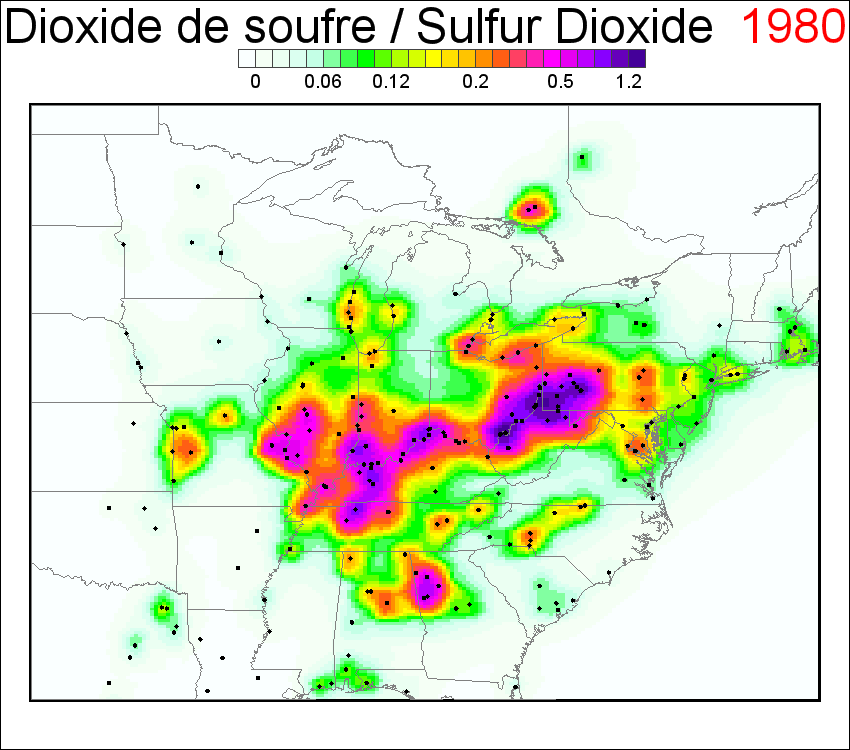…but nonetheless measurements are confirming contested climate change models.
The oceans are warming faster than climate reports have suggested, according to a new synthesis of temperature observations published this week. The most recent report from the United Nations Intergovernmental Panel on Climate Change made what turned out to be a very conservative estimate of rise in ocean temperature, and scientists are advising us to adjust our expectations.
“The numbers are coming in 40 to 50 percent than the last IPCC report,” said Kevin Trenberth, a climate scientist at the National Center for Atmospheric Research and an author on the report, published in Science Magazine on Thursday.
Furthermore, Trenberth said, “2018 will be the warmest year on record in the oceans” as 2017 was and 2016 before that.
Oceans cover 70 percent of the globe and absorb 93 percent of the planet’s extra heat from climate change. They are responsible for spawning disasters like hurricanes Florence and Maria and generating torrential rainfall via meteorological processes with names like “atmospheric river” and “Pineapple Express.”

….The scientists combined four data sets to paint a picture of what has been happening in the oceans since 1991. Trenberth and his co-authors say ocean heat content, which is a measure of the warmth of the water down to about 2,000 meters, is a “great metric for measuring global warming” because the data isn’t as erratic as the temperature on land, and it captures much more of the planet.
In the process, they discovered something interesting: Their data agrees with what the climate models were predicting. “Oh, maybe the models have more credibility than we thought,” Trenberth said, tongue firmly in cheek.
As the planet warms, models have proven an invaluable tool. It’s not enough to say the climate is changing — scientists want to know how it is going to change in the future. Yet these models are one of the preferred targets of climate change skeptics. They appeared to miss the so-called global warming hiatus between 1998 and 2013. At the time, scientists posited there wasn’t really a hiatus, but that the heat was simply building up in the oceans, or that there was a data collection issue. They were right, but that didn’t save the models from criticism.
This synthesis suggests the models are doing just fine. In fact, in the oceans, they are performing even better than expected, and have marched in lockstep with the extreme ocean heating observed by thousands of temperature-collecting floats all over the world. If climate models have actually performed well in the past, it gives scientists more confidence in their predictions for the future.
